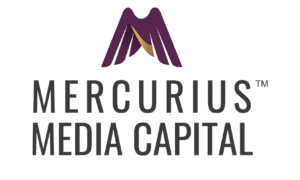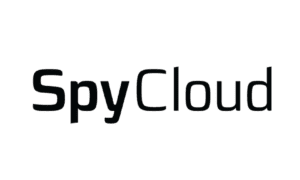How many times during a crisis, have you heard a company spokesperson or executive say, ‘We did not see it coming?’ In a world that is evolving rapidly, a catastrophic event which negatively influences a business’s reputation or bottom line, can occur literally overnight. And what’s worse is that the seemingly mundane has the biggest potential to create a crisis.
The bigger they are..
Today, the biggest companies are under near-permanent scrutiny and examples of companies not foreseeing crises approaching, with significant fallout thereafter, are numerous. In 2021, Facebook (now Meta) faced allegations that it was harmful to children. CEO Mark Zuckerberg’s initial lack of acknowledgement of the situation contributed to a perception that he was unprepared for the backlash from employees and the public. Tim Cook, Apple CEO, faced criticism of the company’s labour policy in 2023, especially regarding working conditions at factories and using child labour. Cook’s failure to anticipate the impact of these issues on Apple’s reputation led to protests and calls for boycotts. Jeff Bezos, Amazon’s CEO, also faced criticism for his delayed response to a warehouse collapse in Edwardsville, Illinois. This ultimately affected public perception and employee trust in the company.

With the speed at which information spreads today, with platforms such as X, Facebook and Instagram allowing instant dissemination of information, issues can quickly escalate into full-blown crises, if they are not handled swiftly. This is further exacerbated by AI-generated content which is blurring the lines between what is real and what is fabricated.
Do not fly blind in a digital world
It is therefore obvious that brand reputation management has become more important than ever. While media monitoring has always been a crucial aspect of managing brand reputation, these new dynamics have significantly increased its importance.

As anyone who has been through a crisis will tell you, your most valuable assets when you’re in the eye of the storm are time and information. The more you know about the crisis, and the longer you have to prepare a meaningful response, the better your chances of navigating the crisis successfully the better off you’ll be. And you don’t have many chances to fix the issue: a wide range of stakeholders are watching how a company responds in these situations, expecting actions to align with a company’s values and commitments. The need for real-time media monitoring becomes indispensable in the event of a crisis. When trouble strikes, you want to know exactly who’s saying what about you, and on what platforms. Measurement tells you the main topics of discussion; which stakeholders are driving the narrative; and critically, how your audiences are reacting.
In fact, a robust media monitoring programme may even tip you off before a crisis strikes. When you see a certain narrative unfolding, you can move quickly to turn what could be a major source of reputational damage into an issue that is handled relatively more easily – or even turned to your advantage, by landing key messages at the right time to defuse an issue. This helps you stay on top of any shifts in the narrative and gives you the insight you need to decide on your next steps. While contingency planning can seem like a slog, especially when business seems stable, the truth is that companies must plan for the unexpected. Being prepared for a crisis is a key competitive advantage during uncertain times, empowering leaders with the information they need to make critical decisions. Remember that a sound crisis response is the result of planning and understanding the actions needed during a crisis. Media monitoring plays a key role in this regard.

After the storm has passed, it is time to rebuild
Once you’ve weathered the worst of the crisis, media monitoring is there to help you rebuild your reputation. The data and insights you glean from your media reports are an important tool in knowing which perceptions need addressing, and which influencers can be used as allies going forward.
For effective crisis communications, media monitoring is indispensable. It provides the time and information necessary to navigate a crisis, offering insights that guide both immediate and long-term reputation recovery strategies.



































